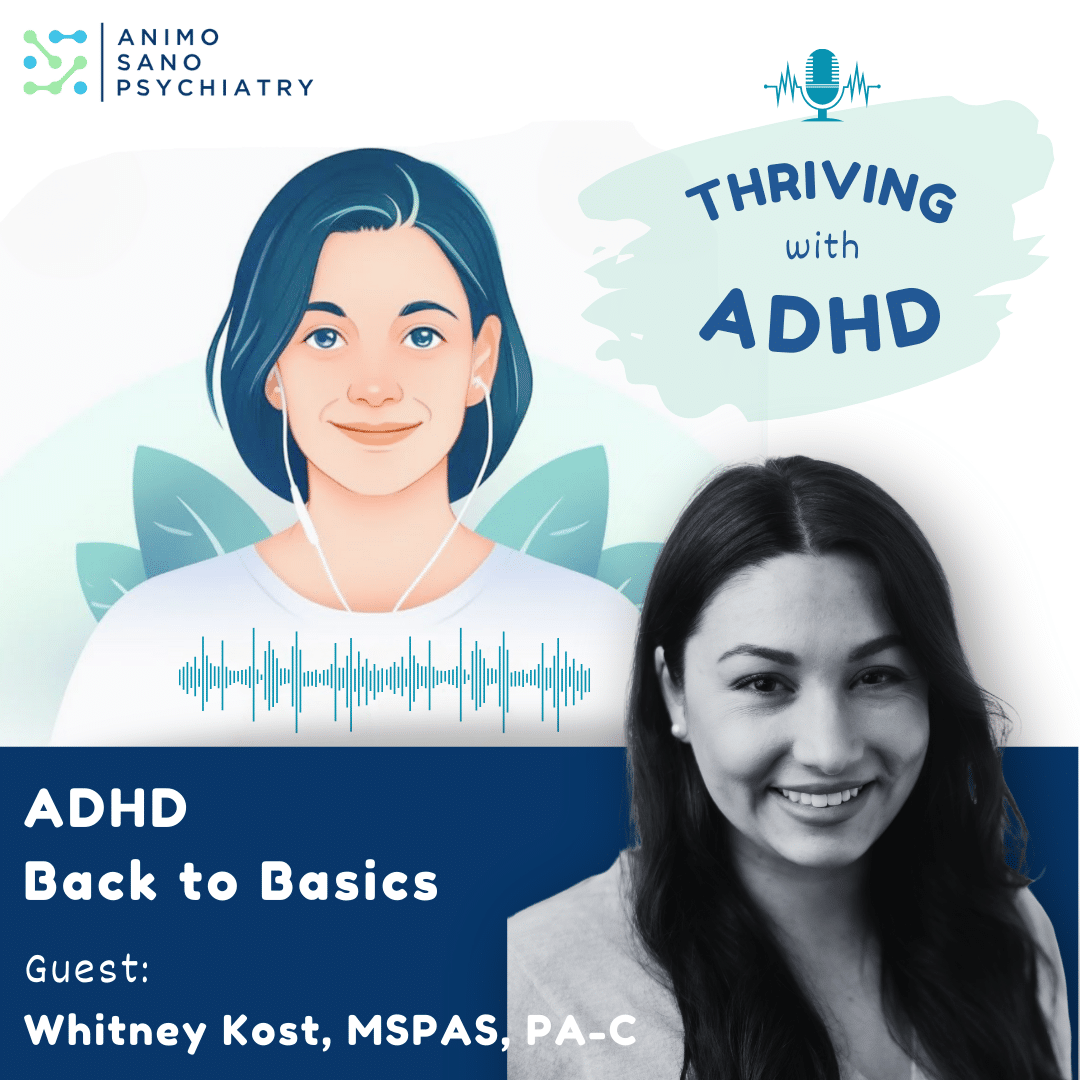
Living with ADHD often goes hand-in-hand with facing challenges in time management. If you’re someone grappling with ADHD, you might find yourself frequently running late, missing deadlines, or struggling to complete tasks in a timely manner. Puzzling, isn’t it? Yet, these issues go beyond mere tendencies towards procrastination or forgetfulness; they’re a direct manifestation of the ADHD brain’s relationship with time. Let’s look deeper into why this occurs and explore some potential remedies.
Time Blindness – The Hidden Culprit
Those dealing with ADHD often fall victim to a phenomenon termed ‘time blindness’. It means having a distorted perception of time, rendering an individual unable to accurately gauge the passing of time. People with ADHD frequently get caught up in the moment, overlooking the ticking clock and missing deadlines as a result. Time blindness can lead to chronic lateness, trouble with time-sensitive tasks or turning everything in at the eleventh hour. What seems to be a matter of minutes for them might indeed amount to hours. This ‘lost in time’ feeling, characteristic of ADHD, propels the challenges in time management.

Can’t Stop the Clock

Late-night TV binges when an early morning awaits or cramming a project hours before its due – if these scenarios feel all too familiar, you’re certainly not alone. People living with ADHD can become so absorbed in an activity that they simply lose track of time. This goes beyond poor timekeeping. ADHD-gripped minds often struggle to shift focus from one task to another, leading to considerable periods spent on one task whilst completely ignoring the clock, further straining their time management skills.
Strategies To Tick-Tock In Rhythm
Knowing the struggle of time blindness and the ADHD-symptom of hyper focusing on tasks can make our lives challenging. But cheer up, because finding solutions isn’t as hard as finding the proverbial needle in a haystack. Here’s a peek into what can be done:
- Structure is your friend – Designate specific time slots for different activities throughout the day, helping you establish a schedule that respects your work-rest-play balance.
- Break it down – Large projects can be overwhelming. Break them into smaller tasks that can be accomplished within shorter time frames to allow for more manageable progression.
- Use timers and alarms – These will serve as external reminders, aiding you in keeping track of time, giving timely nudges when it’s time to switch tasks.
- Seek professional help – If time management issues continue hindering your daily life, reach out to a mental health professional who can provide targeted strategies.
Overcoming ADHD-associated time management issues is no easy feat, yet by implementing these strategies, progress can be made. If you’re feeling the clock’s relentless pressure and would like to discuss this with a professional, our clinicians are ready and willing to help.
Responsibly edited by AI
Other Blog Posts in
Animo Sano Psychiatry is open for patients in North Carolina, Georgia and Tennessee. If you’d like to schedule an appointment, please contact us.
Get Access to Behavioral Health Care
Let’s take your first step towards. Press the button to get started. We’ll be back to you as soon as possible.ecovery, together.




